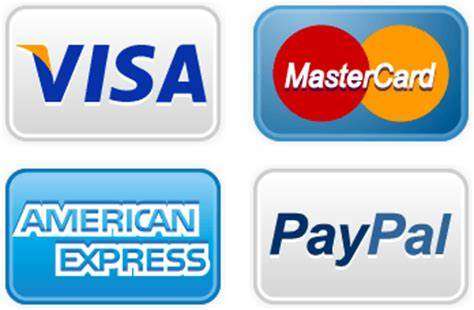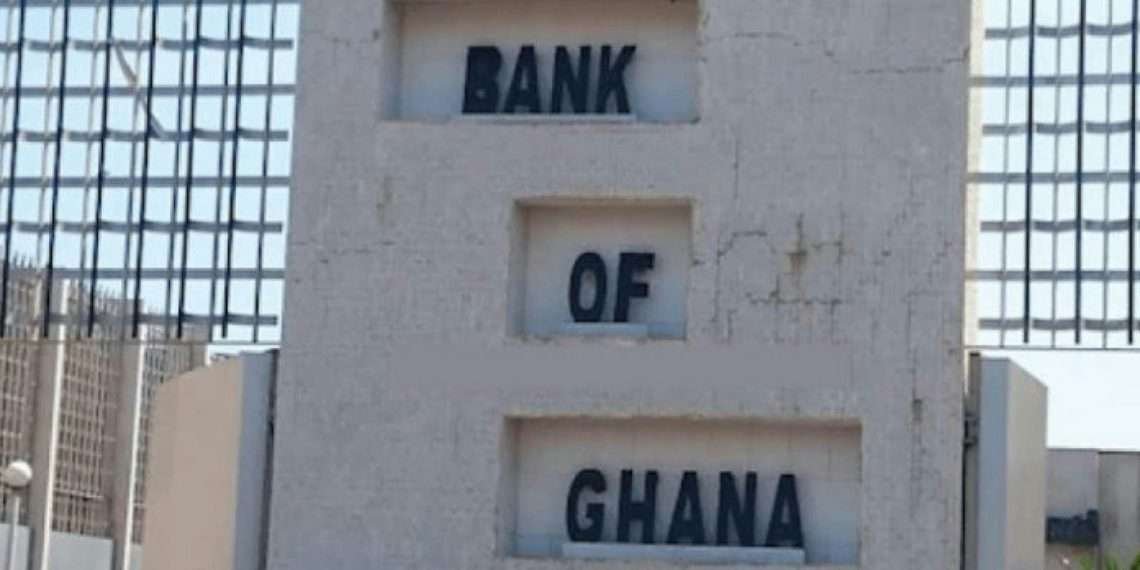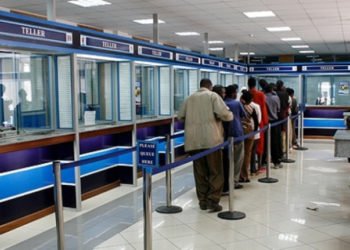Card payment companies have been directed by the Bank of Ghana (BOG) to localize their payment card transactions with payment cards issued in Ghana.
This directive from the BOG is tailored to address some card payment transaction issues such as the high cost associated with card transactions, security, and some other technological challenges.
“These Guidelines are issued to companies providing payment card processing services to localize the processing of payment card transactions in Ghana with payment cards issued in Ghana”.
Bank of Ghana
Furthermore, the BOG issued the guidance under the authority of “Section 4(e) of the Bank of Ghana Act, 2002 (Act 612) as amended and Section 101(2) (i) of the Payment Systems and Services Act, 2019 (Act 987) to regulate the processing of payment card transactions in Ghana”.
Additionally, the guidelines as directed by the BOG will apply to entities under: International Card Schemes, Designated Payment Systems, Payment Service Provider (PSP) Schemes (Domestic Card Schemes), and Enhanced Payment Service Providers.
Also, the objectives of these guidelines as outlined by the BOG will provide a legal framework for the licensing and regulation of payment cards processing.
Furthermore, the guidelines provide an enabling environment for payment card processing and usage and will require the localization of the processing of payment card transactions in Ghana with payment cards issued in Ghana.
The BOG further identified the offshore processing of card payments as one of the major drivers in the high cost of processing of payment transaction cards.

However, the BOG believes that the “domestic processing of payment card transactions which would be charged in Ghana cedis would reduce the cost of processing payment card transactions”.
Owing to this high-cost component from offshore settlement of card payment transactions, the BOG has directed the operators of the international card payment schemes to either: incorporate a Ghanaian entity in order to obtain an Enhanced Payment Service Provider (EPSP) license or to partner with an EPSP or a PSP or any other entity designated by the BOG as a payment system.
Furthermore, the BOG disclosed that all fees, charges, commissions, and clearing and settlement obligations arising from domestic card payment transactions shall be “quoted in Ghana cedis and paid for in Ghana cedis only”.
Also, as part of BOG’s supervisory role over the card payment schemes, “The Bank of Ghana shall, for the purposes of supervision, require an EPSP, a PSP Scheme or a Designated Payment System to submit any information or data relating to its operations that the Bank of Ghana may require”.
The BOG may further prescribe the details of the information required, the particular forms in which the information is to be reported, the medium through which the information is to be reported, and the periods within which the report must be submitted to the BOG.
Furthermore, as disclosed by the Bank of Ghana, it has committed all efforts to promoting an improved payment ecosystem “through the promotion of electronic modes of payments as alternatives to cash payments. Payment cards are a tangible, convenient, flexible and secure alternative to cash”.























